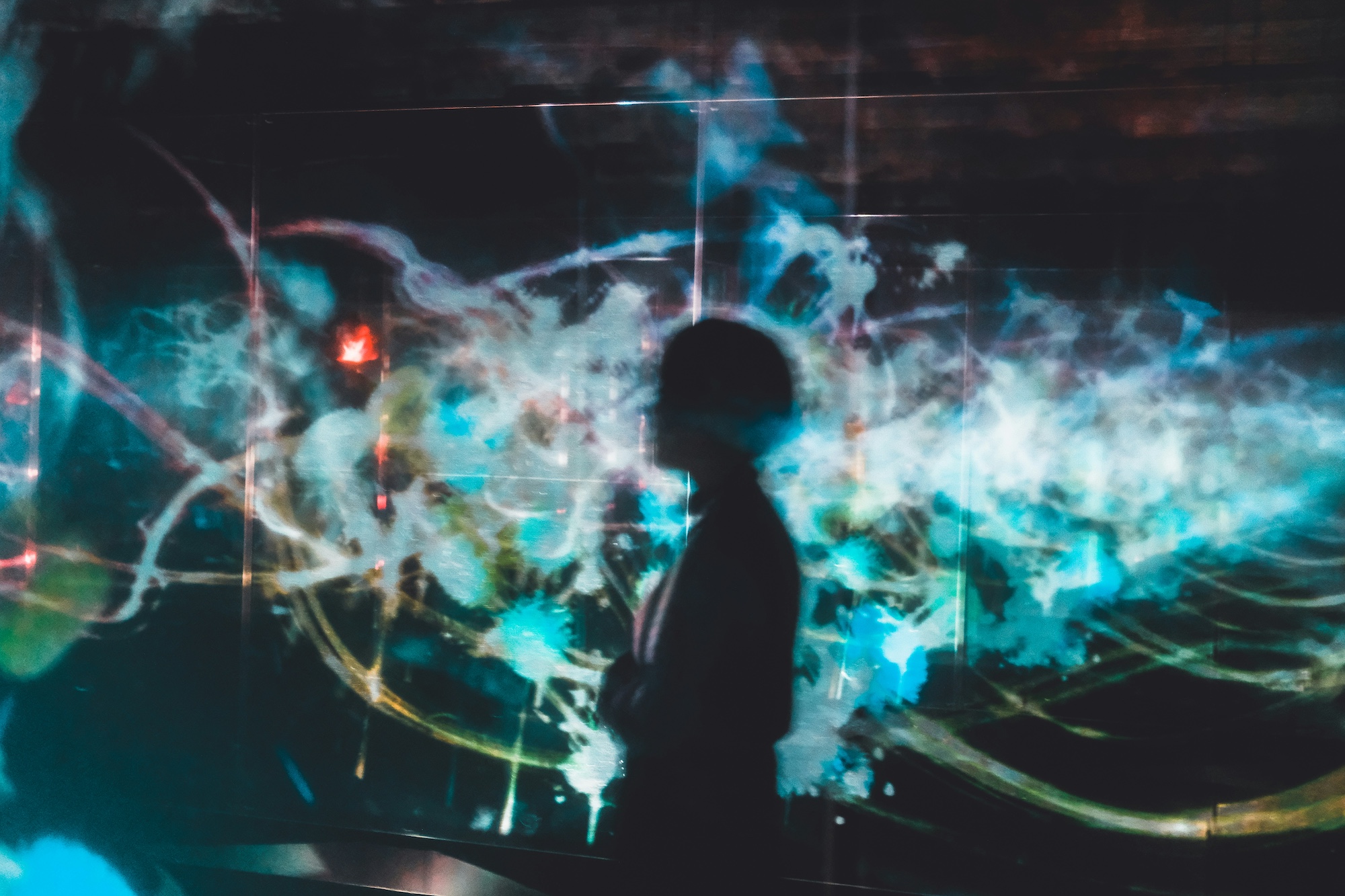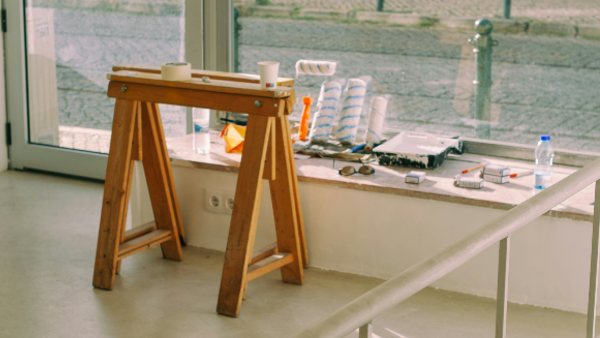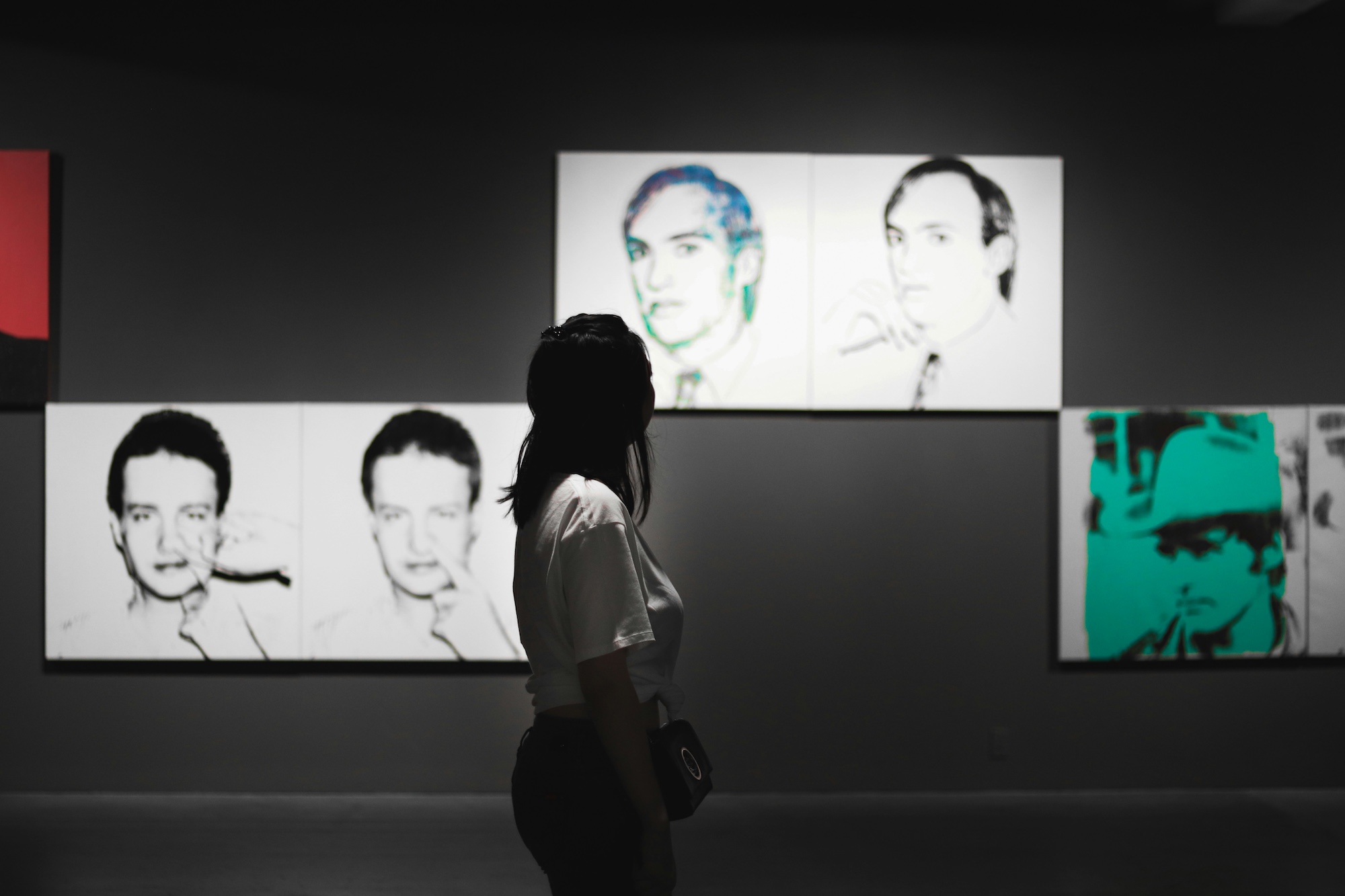University of Gothenburg
Tuition
Full education cost: 142 500 SEK
First payment: 142 500 SEK
No fees are charged for EU and EEA citizens, Swedish residence permit holders and exchange students.
Duration: 16 Jan 2023 – 14 Jan 2024
Application open: 15 Sep 2022 – 17 Oct 2022
Summary
What is the nature of public art? What do the policy-makers, commissioners, curators, artists and other specialists working with public art need to know about this rapidly changing and expanded field of practice? What, if any, are the possible relationships between public art and local democracy? These are some of the basic questions that this course tries to answer.
About
What is the nature of public art? What do the policy-makers, commissioners, curators, artists and others working with public art need to know about this expanded field of practice? What are the processes and frameworks that operate when art is created in, and for, public space? How is public art implicated within spatial imaginaries of rural, urban, exurban, infrastructure, development and the touristic gaze? What do communities wishing to invite public art into their environments, or wishing to instigate public art commissions, need to know in order to pursue their desires and ambitions? Who can commission public art? Who is it commissioned for? What about decommissioning? What about failure? What are the spaces of “publicness” in an era of climate change, population displacement, digital networks, war, and the privatization of space? How can curators, commissioners, communities, artists, and other practitioners effectively move between ideas and ideals of public culture, and the pragmatic contexts of actual decision-making, production, procurement, installation, and planning processes? What, if any, are the possible relationships between public art, local democracy and the political imaginary? Is publicness just another Euro-centric construction of colonial-modernity?
These questions are approached through conflicting perceptions of public space, public culture, and the contested themes of “the public sphere”. We emphasize the interaction of theory and practice, so as not to privilege theory over practice, but rather to look at how different perspectives—rooted in practice as well as informed by theoretical analysis—connect to different possibilities in realising art as an integral part of public life.
This international course, delivered in English, is based on a combination of distance education and participation at two intensive workshops (from a choice of four). See locations and dates for the workshop under Facilities.
The teaching team includes: Jason E. Bowman, Kerstin Bergendal, Kjell Caminha, Dr Cathryn Klasto, Dr Daniel Jewesbury, Dr Maddie Leach, Suzanne Mooney, Professor Mick Wilson, and special guests. In previous years guest contributors have included: Barby Asante, Inger Asper Hedemyr, Merve Bedir, David Beech, Bianco-Valente (Giovanna Bianco & Pino Valente), Kathrin Böhm, Beatrice Catanzaro, Viviana Checchia, Francesca Comisso, Julie Crawshaw, DAAR (Alexandro Petti and Sandi Hillal), Åse Eg Jørgensen, Jeannette Ehlers, Galit Eilat, Charles Esche, Patrik Faming, Lena From, Lia Ghilardi, Peter Hagdahl, Marika Hedemyr, Kristtina Ljokkoi, LOCALES (Sara Alberani and Valerio del Baglivo), Magdalena Malm, Marti Mannen, Paul O’Neill, Tone Olaf Nielsen, Henrik Orrje, Daniela Ortiz, Andrea Phillips, Esther Regueira, Lisa Rosendahl, Nuno Sacramento, Helena Selder, Jessica Segerlund, Åsa Sonjasdotter, Minna Tarkka, Daniel Terres, Catharina Thörn, transparadiso (Barbara Holub & Paul Rajakovics), Sarah Tuck, Jeanne van Heeswijk.
More detailed information about the course here:
Submit compulsory CV and letter of intention
To apply for this course, it is mandatory to submit CV and a letter of intention. Submit your application in SlideRoom.
Information on what your application should contain can be found further down on this page.
Work samples for applications for the spring semester 2023 have to be submitted between 15 September – 24 October 2022.
Prerequisites and selection
Requirements
Bachelor’s degree or equivalent knowledge.
Special instructions for application
Provide:
- A letter of intention in English stating why you wish to attend the course. Max 3500 characters including spaces.
- CV with education and relevant merits.
Your application must be anonymous. Do not include name or contact details anywhere in this material. All texts must be in English.
Selection
The selection is based on an assessment of Letter of Intent and CV.
Facilities
Intensive workshops and Practicalities:The online sessions run mostly on Tuesdays and Thursdays from 4pm Swedish time (CET). You will require a good reliable internet access and headphones. Content from the workshops will also be posted online for course participants to access. Participation in the workshops means that your contributions to the discussions may be recorded for this purpose.
The intensive workshop, involving physical attendance, is chosen from two of four options. (It is possible to attend more if you wish, you are expected to attend at least two.) Workshops in 2023 will be in Riga, Latvia (1–3/3), Brussels & Charleroi, Belgium (11–13/5), Malmö, Lund and Copenhagen, Sweden and Denmark (28–30/9), Gothenburg, Sweden (6–8/12). Students are responsible for their own costs of attending the workshops.











